Moving Up: What to Know When Selling and Buying at the Same Time

Upgrading to a new home is an exciting milestone—but it also brings complexity when you’re both selling and buying. In 2025, with interest rates holding steady and inventory improving in many parts of the GTA, more families are choosing to ‘move up’ to better-suited properties. But timing and financial planning are critical.
The first big question: should you buy or sell first? There’s no universal answer—it depends on your financial flexibility, risk tolerance, and the competitiveness of the market you're dealing with.
Selling first gives you clarity. You’ll know exactly how much money you have for your next purchase. It reduces financial risk and can give you leverage as a buyer. However, if your dream home pops up before you sell, you might miss it. You’ll also need a backup plan for temporary housing or a flexible closing date.
Buying first can be ideal if you find the perfect home and can’t pass it up. This is often the route for those who have enough financial buffer or are upsizing in a slower buyer’s market. But if your current home doesn’t sell quickly, you may be carrying two mortgages at once—a costly and stressful situation.
To ease this pressure, many buyers explore bridge financing. This short-term loan helps you finance the new home’s down payment before the sale of your current property closes. Not every bank offers it, and not all buyers qualify, so speak to your mortgage broker early.
Timing is everything. Try to align your closing dates within a few days to reduce the need for temporary housing. A trusted real estate agent will coordinate these moving parts and negotiate conditions that protect you in both deals.
On the selling side, prepare your home for a fast sale. Declutter, stage, and price it right. Homes that are move-in ready and professionally marketed tend to sell faster and for more money—even in a cooler market.
For buying, get pre-approved and know your max budget. Use contingencies like ‘sale of buyer’s property’ clauses when possible, though note they can weaken your offer in hot areas. In a balanced market, however, many sellers are open to them if terms are reasonable.
Legal and logistical coordination is key. Make sure your lawyer, realtor, and mortgage advisor are all in sync. Consider hiring professional movers who offer storage solutions if your closing dates don’t align perfectly.
In conclusion, moving up requires a game plan. It’s about more than just upgrading your square footage—it’s a careful choreography of buying, selling, financing, and transitioning. The better prepared you are, the smoother—and more rewarding—the move will be.
Categories
Recent Posts






